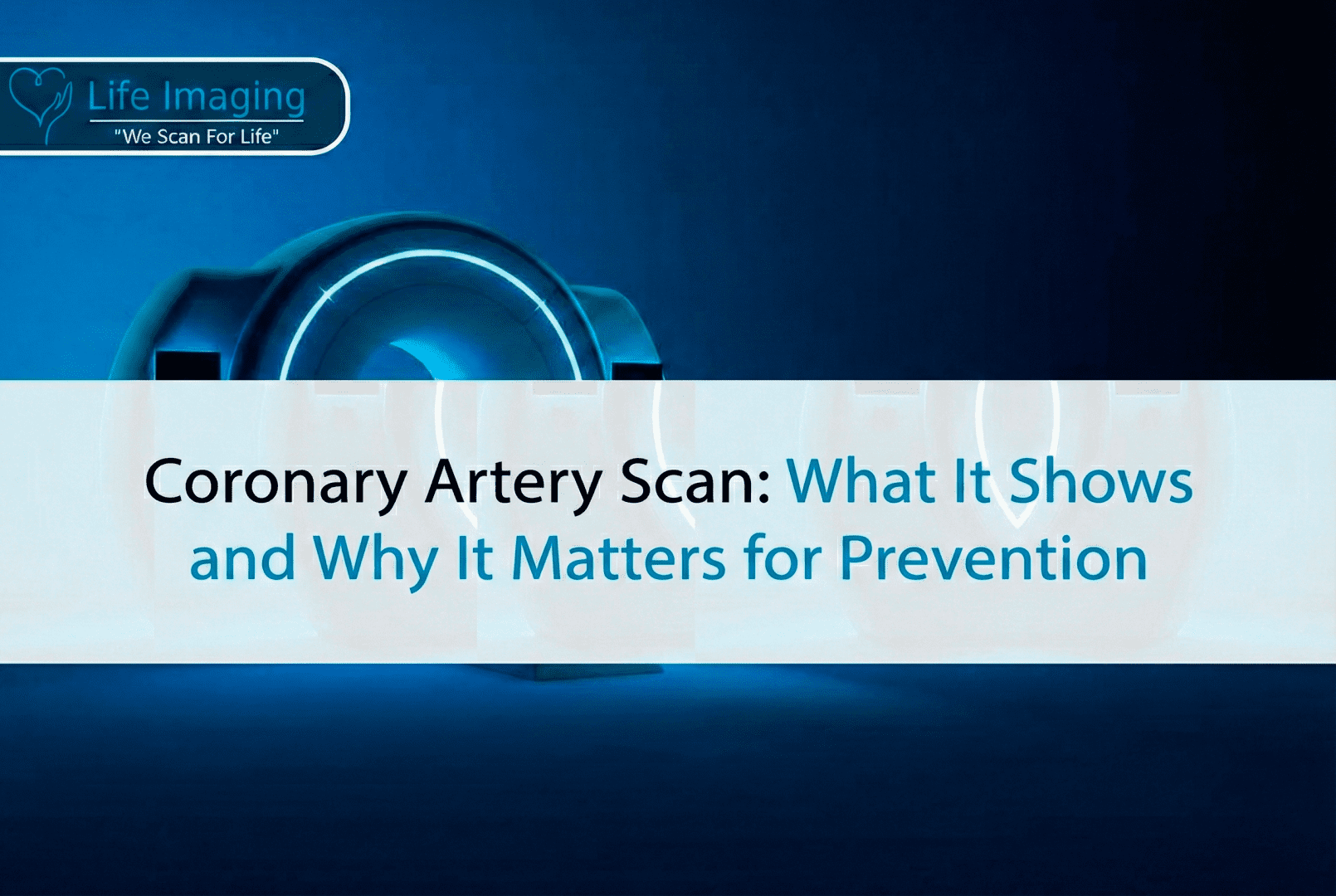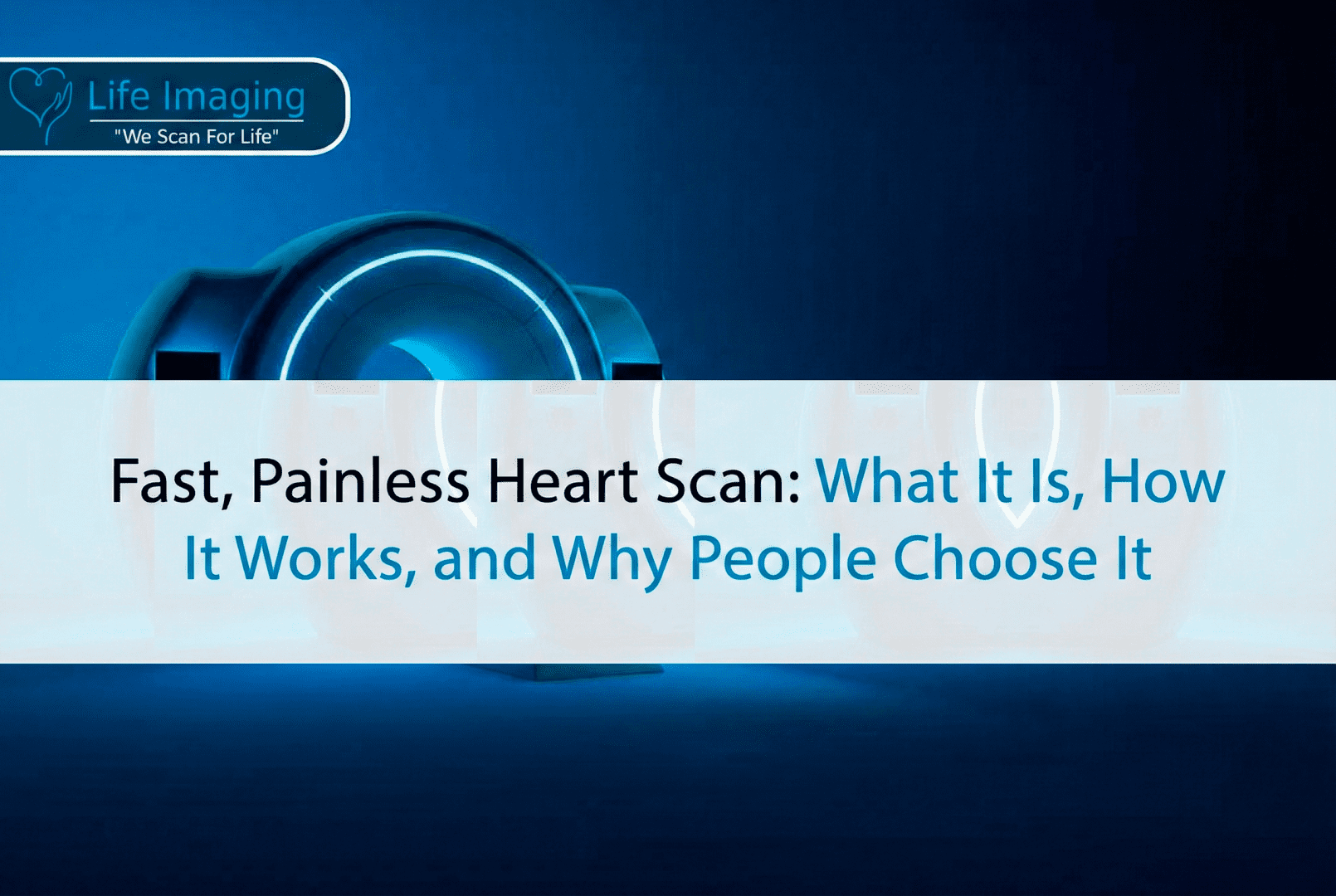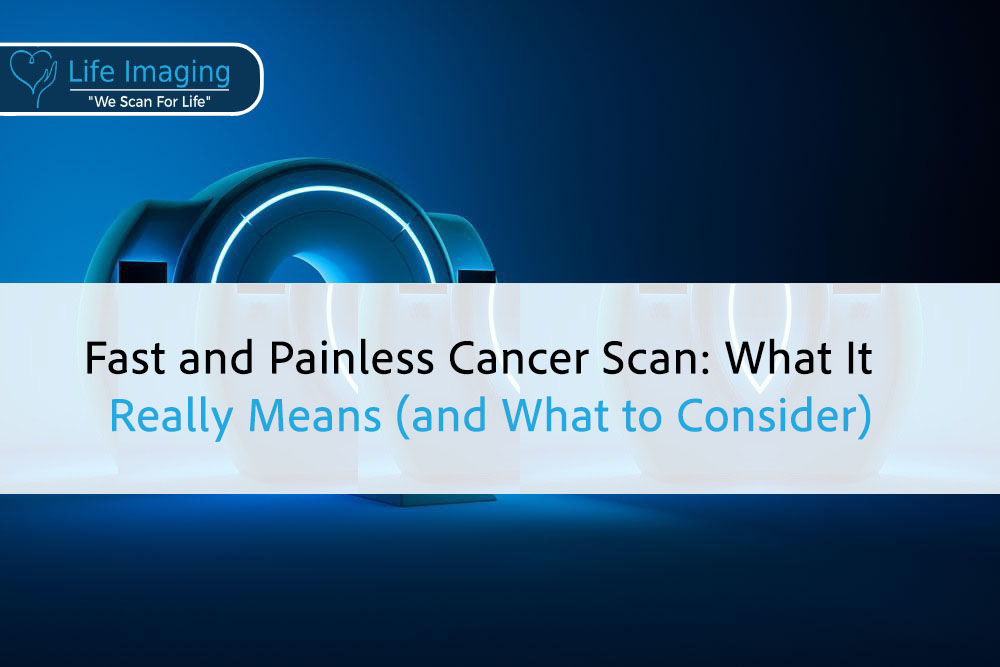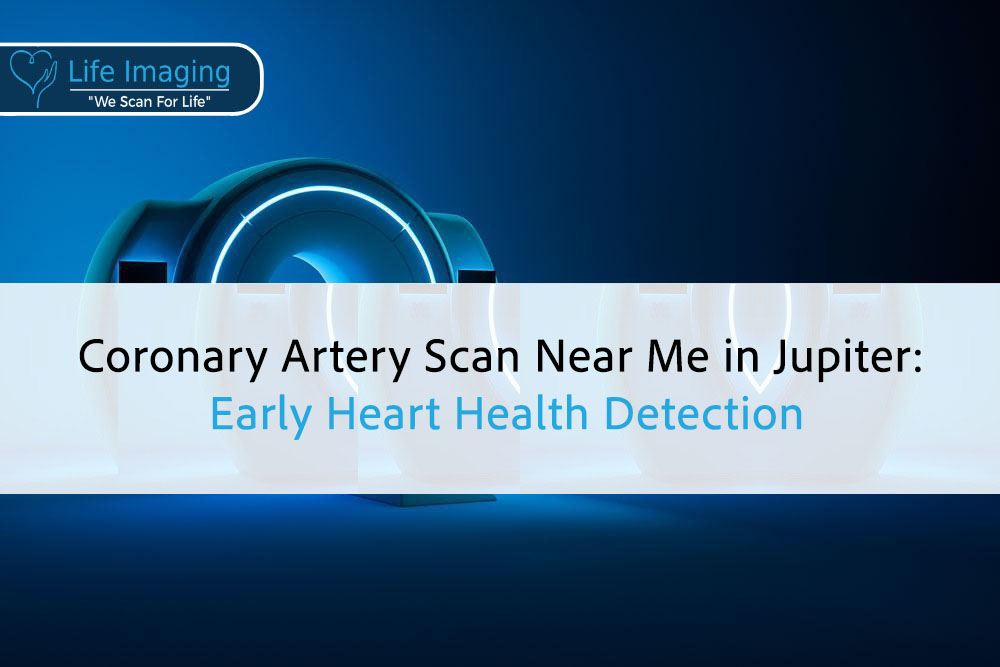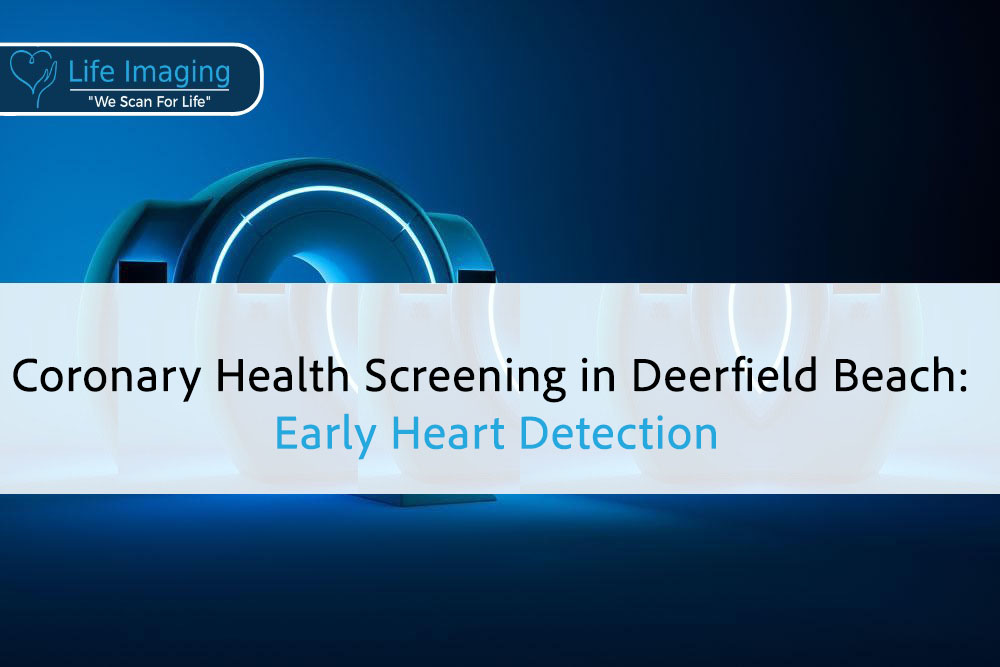Thyroid cancer starts in the thyroid gland, a butterfly-shaped organ at the base of your neck. This gland makes hormones that control your heart rate, blood pressure, body temperature, and weight. Although thyroid cancer is less common than other types of cancer, its rates have been increasing. The good news is that most thyroid cancers can be found early and treated effectively.
Early detection of thyroid cancer is crucial because it often doesn’t cause symptoms in the early stages. Many people might not even realize they have it until it’s found during a routine check-up or imaging test. This silent progress makes regular testing all the more important. Tests can spot the cancer at an early, more treatable stage, improving your chances of recovery.
Understanding the need for regular thyroid cancer tests can help you make informed decisions about your health. Regular screenings can save lives by catching cancer before it spreads. So, let’s discuss different types of thyroid cancer, symptoms, risk factors, and why early detection is vital.
Understanding Thyroid Cancer: Types and Prevalence
Thyroid cancer begins in the thyroid gland, which lies just below Adam’s apple in your neck. It can develop in different forms:
- Papillary Thyroid Cancer: The most common type, accounting for about 80% of all cases. It grows slowly but can spread to lymph nodes.
- Follicular Thyroid Cancer: Makes up about 10-15% of thyroid cancers. It often spreads to lungs or bones.
- Medullary Thyroid Cancer: A rarer form, tied to genetic syndromes in some cases.
- Anaplastic Thyroid Cancer: Very rare and aggressive, usually developing in older adults.
Thyroid cancer is relatively uncommon but has been increasing in prevalence. Early detection is vital as it increases the chances of successful treatment. The rise in cases is partly due to better screening and detection methods.
Symptoms of Thyroid Cancer
Thyroid cancer often shows no symptoms in its early stages. However, as it progresses, you might notice:
- A Lump or Swelling: The most common sign, often felt in the neck.
- Hoarseness or Voice Changes: Occurs if the cancer affects the voice box.
- Difficulty Swallowing: Can happen if the tumor presses on the esophagus.
- Difficulty Breathing: If the tumor grows large enough to press on the windpipe.
- Neck Pain: Pain, often in the front of the neck, sometimes extending to the ears.
If you experience any of these symptoms, it’s important to see a doctor. Even though these symptoms can be caused by other conditions, early diagnosis is key to successful treatment.
Risk Factors for Thyroid Cancer
Several factors can increase the risk of developing thyroid cancer:
- Gender and Age: More common in women and often diagnosed in people over age 30.
- Radiation Exposure: Past radiation treatments to the head, neck, or chest.
- Family History: Genetics play a role, especially for medullary thyroid cancer.
- Iodine Deficiency: Rare in the United States but still a risk factor.
- Other Thyroid Conditions: Certain thyroid disorders can increase cancer risk.
Recognizing these risk factors allows you to be more vigilant about regular screening. If you have one or more risk factors, discuss them with your doctor to determine your need for early testing.
Why Early Detection is Vital
Early detection of thyroid cancer is crucial because:
- Improved Treatment Success: Cancers found early are easier to treat and often only require surgery.
- Less Aggressive Treatment: Early-stage cancers may only need surgery and not radiation or chemotherapy.
- Minimize Spread: Detecting cancer before it spreads to other parts of the body leads to better outcomes.
- Better Quality of Life: Early treatment can prevent symptoms and complications, allowing you to maintain a better quality of life.
Regular thyroid cancer tests can catch cancer early. This proactive approach can save lives, reduce treatment complexity, and ensure a quicker return to normal activities.
What Are Thyroid Cancer Tests?
Thyroid cancer tests help in diagnosing the condition and planning treatment. These tests include both physical examinations and advanced imaging methods. Your doctor may start with a neck examination to feel for lumps or swelling. Blood tests will follow to check hormone levels and thyroid function.
If abnormalities are found, more detailed tests are performed. A fine-needle aspiration (FNA) biopsy is often used to take tissue samples from the thyroid. This helps in determining if the lump is cancerous. Advanced imaging tests like ultrasounds and CT scans can also be used to get a clearer view of the thyroid and surrounding areas.
These tests are crucial. They provide a detailed picture of what’s happening inside your body, allowing for effective planning and treatment.
Types of Thyroid Cancer Tests
There are several tests used to detect and diagnose thyroid cancer. Each serves a unique purpose:
- Fine-Needle Aspiration (FNA) Biopsy: A thin needle is used to remove a small sample of tissue from the thyroid. This helps in examining the cells for cancer.
- Ultrasound: Uses sound waves to create images of the thyroid. It helps in spotting nodules and determining if they are solid or fluid-filled.
- Blood Tests: Measure levels of thyroid-stimulating hormone (TSH) and other hormones. Abnormal levels can hint at thyroid issues.
- Thyroid Scan: Involves swallowing a small amount of radioactive iodine. Scans show how well the thyroid absorbs the iodine, highlighting any abnormal areas.
- CT Scan: Provides detailed cross-sectional images of the neck and thyroid. It helps in seeing if the cancer has spread to nearby tissues.
These varied tests ensure that thyroid cancer is accurately detected and diagnosed. Each test offers critical information that guides treatment decisions.
How Ultrasound Helps in Detecting Thyroid Cancer
Ultrasound is a key tool in detecting thyroid cancer. Here’s how it helps:
- Creating Clear Images: Ultrasound uses sound waves to produce images of the thyroid gland. These images help doctors see the size and shape of nodules.
- Differentiating Nodules: Ultrasound can distinguish between solid nodules (which are more likely to be cancerous) and cysts filled with fluid (usually non-cancerous).
- Guiding Biopsy: Ultrasound can guide the needle during a fine-needle aspiration biopsy. This ensures the needle collects tissue from the right area.
- Monitoring Changes: Regular ultrasound exams can monitor changes in nodules over time. This helps in tracking growth and spotting suspicious changes quickly.
Using ultrasound, doctors can get a detailed view of the thyroid and spot any abnormalities early. It’s a non-invasive, painless test providing valuable information for diagnosis and treatment planning.
Benefits of Regular Thyroid Screening
Regular thyroid screening comes with numerous benefits:
- Early Detection: Catching cancer before it spreads makes treatment easier and more effective.
- Better Monitoring: Regular tests help keep an eye on thyroid nodules, enabling early intervention if there are changes.
- Peace of Mind: Knowing you’re being proactive about your health can reduce anxiety.
- Less Invasive Treatments: Early-stage cancers might require only surgery, avoiding chemotherapy or radiation.
- Improved Survival Rates: Early detection and treatment significantly boost the chances of beating cancer.
Screening is a proactive measure that can save lives. It allows for timely intervention and can spare you from more aggressive treatments later. Regular thyroid screening should be an essential part of your health care routine, especially if you have risk factors.
Who Should Consider Thyroid Cancer Testing?
Thyroid cancer testing can be crucial for certain groups. Understanding who should consider testing helps in early detection and treatment.
At-Risk Groups:
- Family History: If thyroid cancer runs in your family, getting tested is important. Genes can play a big role in your risk level.
- Age Factor: People over 40 should consider testing, especially as age increases the likelihood of thyroid issues.
- Exposure to Radiation: If you’ve had radiation treatments to your head or neck, you might be at higher risk.
- Certain Genetic Conditions: Conditions like Multiple Endocrine Neoplasia can increase your risk of thyroid cancer.
Symptoms to Watch For:
- Lumps or Swelling: A noticeable lump or swelling in the neck area can be a sign of thyroid issues.
- Voice Changes: Persistent hoarseness or changes in voice may suggest a problem with the thyroid.
- Difficulty Swallowing: Trouble swallowing or a feeling that food is stuck can indicate a thyroid concern.
If you fit into any of these categories, discussing thyroid cancer testing with your doctor is a proactive measure for your health.
Preparing for Your Thyroid Cancer Test
Getting ready for a thyroid cancer test involves simple steps that ensure the procedure goes smoothly. Proper preparation can make the experience more comfortable and effective.
Steps to Take:
- Medical History: Compile a detailed list of your medical history, including surgeries, medications, and any thyroid issues. Share this with your doctor.
- Fasting Requirements: Some tests might require fasting for a few hours beforehand. Confirm with your doctor if this applies to you.
- Comfortable Clothing: Wear something comfortable, ideally with a loose neckline or no collar, as it makes access to your neck area easier.
- Medication Instructions: Ask if you should continue taking your regular medications on the day of the test.
On the Day of the Test:
- Arrive Early: Get to your appointment at least 15 minutes early to complete any necessary paperwork.
- Communication: Feel free to ask questions or express any concerns to your healthcare provider before the test begins.
Following these steps helps ensure the test is both comfortable and effective in providing accurate results.
What to Expect During Your Thyroid Cancer Screening
Knowing what happens during a thyroid cancer screening can help reduce anxiety. Here’s what you can expect:
During the Screening:
- Check-In and Prep: After checking in, you might be asked to change into a gown. You’ll then lie down or sit comfortably.
- Ultrasound Procedure: For an ultrasound, a technician will apply a gel to your neck and use a handheld device to create images of your thyroid.
- Biopsy Procedure: If needed, your doctor may perform a fine needle aspiration biopsy. A thin needle will remove a small sample from your thyroid for further examination under a microscope.
Communication:
- Technician Guidance: During the ultrasound, the technician will explain what they’re doing and might ask you to tilt your head or hold still briefly.
- Doctor Interaction: If a biopsy is performed, your doctor will explain the process and answer any questions you might have.
The entire screening process is usually quick and minimally invasive, with little to no discomfort.
Understanding Your Test Results and Next Steps
Interpreting your thyroid cancer test results is crucial for determining the next steps in your care. Here’s how to understand what your results mean and what actions to take:
Types of Results:
- Normal Results: No abnormal cells are detected, indicating your thyroid is healthy. Regular screening may still be advised based on your risk factors.
- Benign Results: Abnormal cells are found, but they are non-cancerous. Your doctor might recommend monitoring and follow-up screenings.
- Suspicious or Malignant Results: If the cells appear cancerous or suspicious, further tests or treatments will be needed. Your doctor will discuss the findings and recommend a treatment plan.
Next Steps:
- Consultation: Schedule a follow-up appointment with your doctor to review the results. They will explain what each finding means for your health.
- Further Testing: If results are suspicious, additional tests such as more detailed imaging or another biopsy may be required.
- Treatment Plan: If cancer is diagnosed, your doctor will work with you to create an individualized treatment plan. Options might include surgery, radiation, or medication.
Understanding your results allows you to make informed decisions about your health and take necessary actions promptly.
The Importance of Thyroid Cancer Screening
Thyroid cancer testing is an important step in early detection and treatment. Identifying risk factors and staying vigilant about symptoms can lead to timely testing and better outcomes. Preparing for the test ensures a smooth experience, and knowing what to expect can alleviate anxiety.
Interpreting your test results with your doctor helps you understand any findings and decide on the next steps. Whether your results are normal, benign, or require further action, having a clear plan is crucial for your health.
Take control of your thyroid health by scheduling a thyroid cancer test in Orlando, FL, with Life Imaging Fla today. Early detection is key to effective treatment and a healthy future!
